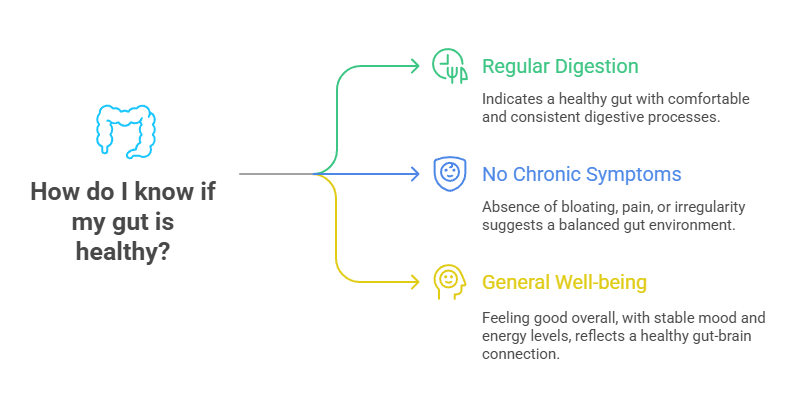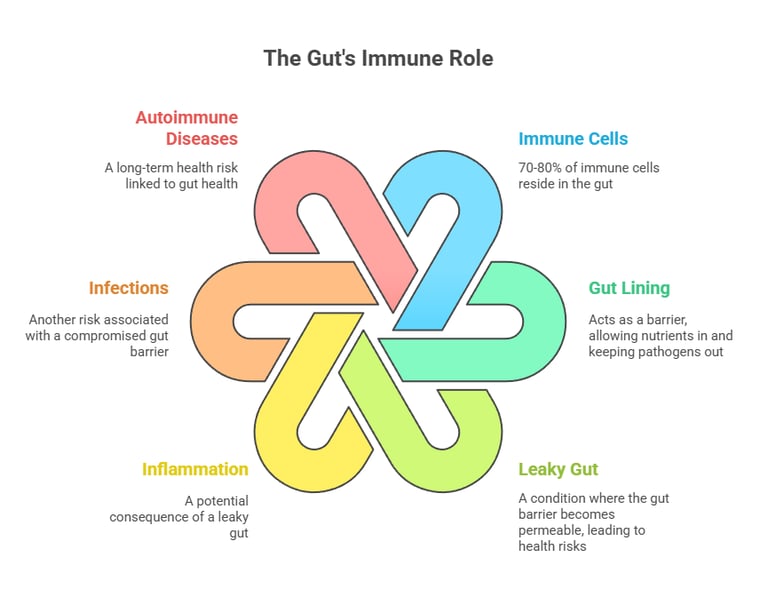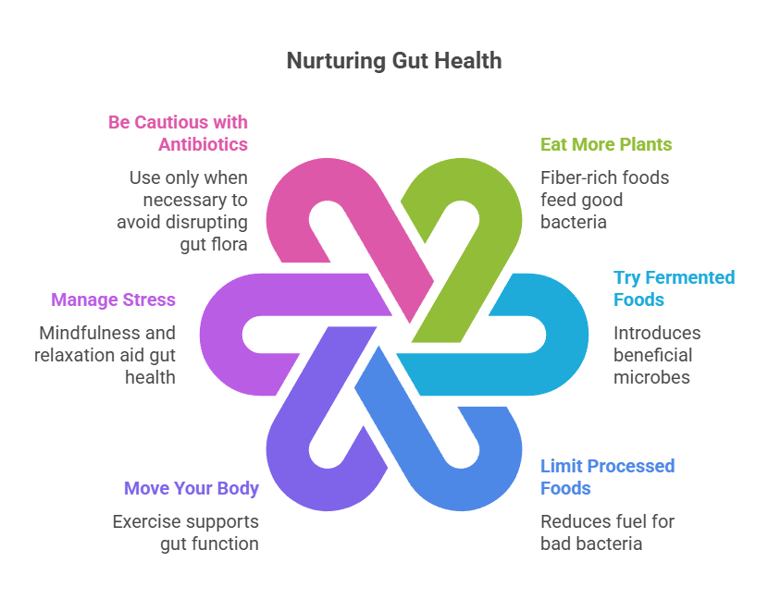The Hidden World Within: Understanding Your Gut Microbiome
"Meet Your Second Brain: The Microbial World of Your Gut"
HEALTH & FITNESS
7/13/20253 min read


What Is Gut Health?
Think of gut health as the overall well-being of your entire digestive tract, from your mouth to the other end. But it’s not just about having “no tummy aches.” It’s about how well your gut digests food, absorbs nutrients, keeps out bad stuff, and—here’s the cool part—how it interacts with trillions of microbes living inside you.
Meet Your Inner Ecosystem: The Gut Microbiome
Here’s where things get wild. Your gut is home to a bustling metropolis of bacteria, viruses, fungi, and more. There are more microbial cells in your gut than actual human cells in your body! These microbes aren’t just freeloaders—they:
Help break down food you can’t digest on your own (think fiber)
Take vitamins (like K and some B vitamins)
Train your immune system.
Even talk to your brain (more on that in a sec)
When this community is balanced and diverse, you feel good. When it’s out of whack (a state called “dysbiosis”), all sorts of problems can pop up—from IBS to mood swings.
How Do You Know If Your Gut Is Healthy?
There’s no single “gut health test,” but clues include:
Regular, comfortable digestion
No chronic bloating, pain, or irregularity
Feeling generally well (since gut health impacts mood and energy)
Doctors might use stool tests, symptom checklists, or even microbiome sequencing in research settings
How Can You Support Your Gut?
Eat More Plants: Fiber feeds your good bacteria.
Try Fermented Foods: Yogurt, kefir, kimchi, sauerkraut—they bring in good microbes.
Limit Processed Foods: They tend to fuel the “bad” bacteria.
Move Your Body: Exercise helps your gut, too.
Manage Stress: Mindfulness, sleep, downtime—it all helps.
Be Cautious with Antibiotics: Only when truly necessary.
The Gut-Brain Axis: Your Second Brain
Ever had “butterflies” before an exam? That’s your gut-brain axis in action. The gut and brain are in constant conversation via nerves (especially the vagus nerve), hormones, and immune signals.
Fun fact: about 90% of your body’s serotonin (the “feel-good” neurotransmitter) is made in your gut, not your brain!
This two-way street means your gut health can affect your mood, and stress or anxiety can mess with your gut. That’s why GI symptoms and mental health often go hand-in-hand.
The Gut and Your Immune System: A Tight Relationship
Here’s an interesting fact: about 70-80% of your immune cells hang out in your gut. The gut lining acts as a barrier, letting nutrients in but keeping pathogens out. If this barrier gets “leaky,” you’re at risk for inflammation, infections, and even autoimmune diseases.
What Messes with Gut Health?
Let’s break it down:
Diet: A fiber-rich, plant-heavy, varied diet is gold for your gut. Processed foods and excess sugar? --Not so much.
Antibiotics: Sometimes lifesaving, but they can wipe out good bacteria along with the bad.
Lifestyle: Chronic stress, poor sleep, lack of exercise—these all take a toll.
Medications: NSAIDs, PPIs, and others can disrupt your gut lining or microbiome.
How You Started: Vaginal birth and breastfeeding help set up a healthy microbiome from the get-go.
When Things Go Wrong: Dysbiosis
When your gut’s microbial community loses its balance, you get dysbiosis. This isn’t just about GI problems like IBS or IBD—dysbiosis is linked to obesity, diabetes, allergies, autoimmune diseases, and even mental health issues. It’s all connected!




BLOG
Join us to explore medical biochemistry intricacies.
WRITE TO US
© 2024. All rights reserved.
